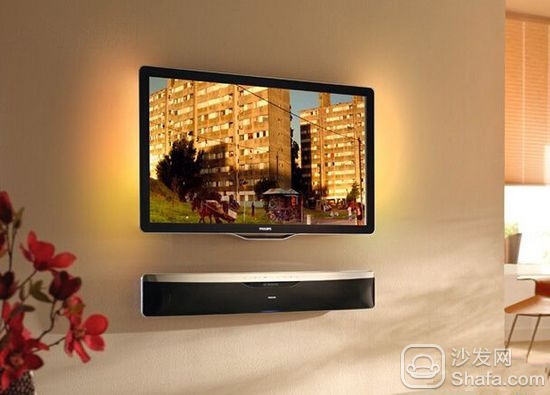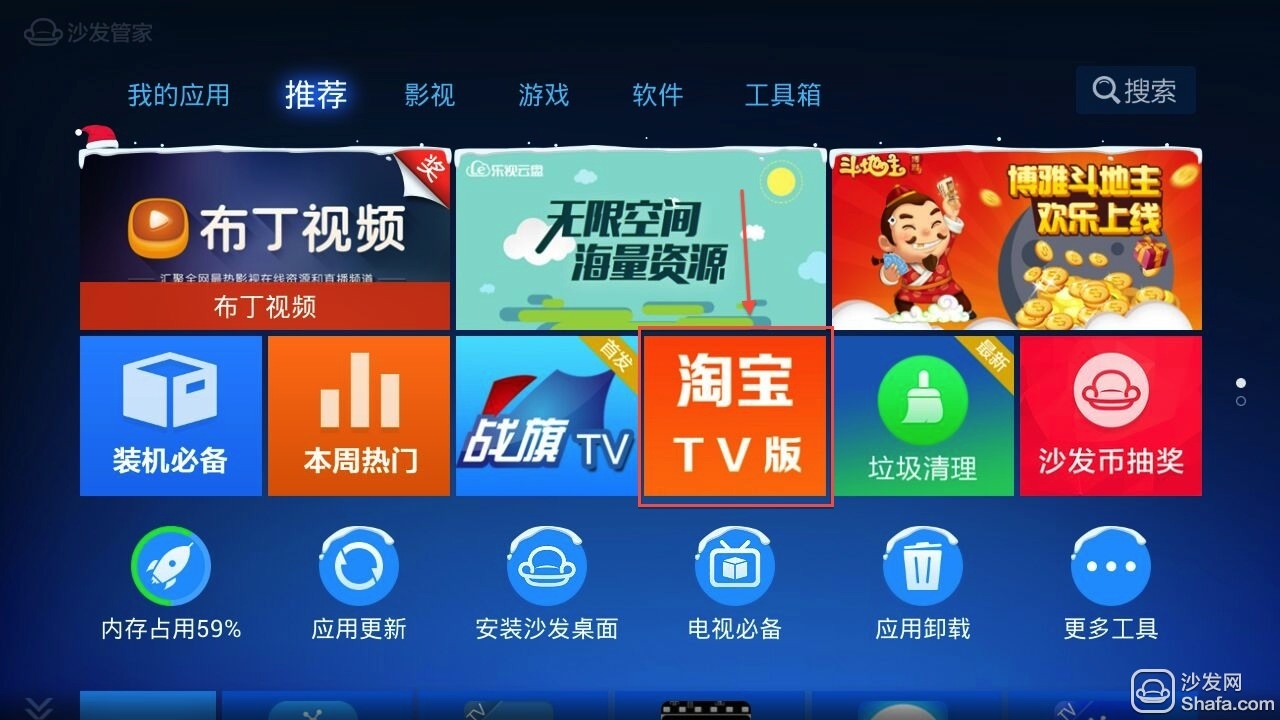A virtual operator began production and sales of hardware, not a mobile phone but a television. Before this, the Internet company had already done a good job in this field of television, the operator was absent, and now is finally tasted by the virtual operator.

Smart TVs are like fiber-optic broadband as smart phones are to 4G networks.
However, this kind of competition has not developed into a confrontation because of policy reasons. Operators' IPTV based on communication networks is still a product of cooperation with radio and television, and the Internet service provided by Guangdian is also completed in cooperation with operators.
From now on, around TV services, broadcasters, operators, and Internet companies have converged. Broadcasting and TV always emphasizes the combination of network and content. It used to be the integration of the Internet industry. The subsequent separation of the Internet industry has hit against its competitiveness. Under the current circumstances, it is vigorously developing optical fiber broadband and building a new network. Internet companies focus on content, emphasizing the new applications of new content and embarking on the OTT road that integrates content and terminals. TVs produced and sold by themselves have become the main positions. Telecom operators attach importance to the cooperation between networks and content and carry out cross-border marketing from the industry level and the enterprise level.
As such, the three companies also have flaws. Radio and television don’t attach importance to terminals. Television companies are only players for broadcasters, telecom operators also lack home terminals, and have little influence on the television industry. Internet companies lack network resources and are subject to restrictions on content.
If only telecom operators and broadcasters are in the world, it can be peaceful, but the facts are very cruel. Internet companies have become disruptors to break the deadlock. With the energy of content innovation and user base, Internet companies took the lead in embarking on an integrated network, terminal, and content operating model, which at one stroke forced broadcasters and telecom operators into the cliff.
The three networks converge on the doorways, but they are all on the same TV.
Seeing that Internet companies are aggressive in the television field, the broadcast and television industry uses links that cut off their integrated development. TVs and Internet content combine to set up multiple checkpoints, and even directly block various Internet boxes and players that perform link tasks.
The telecom operators have adopted a different approach than broadcasting and television, taking the network construction as an opportunity to actively follow the path of Internet video, and even started to whisper with Internet companies. The main reason is that telecom operators do not have strong regulatory power, and Internet video has also greatly improved their access to television. The user power of its new broadband and network speed upgrades.
Whether it is setting up or following imitation, the fight for video has no doubt focused on televisions. Whoever first realizes the convergence of networks, terminals, and applications will be the industry leader, and Internet companies, broadcasters, and Telecom operators have short boards on the terminals.
Some Internet companies have chosen to build their own television sets, such as LeTV and Xiaomi, while others have chosen to cooperate with traditional TV companies, such as iQIYI, Youku Tudou, and so on. Now it cannot be said which way will be better, but the Internet It is a fact that the influence of businesses on terminals has increased.
So far, telecom operators have not yet produced their own brands of smart TVs. Although carriers' customized mobile phones and private-label mobile phones have become commonplace, such as China Mobile’s mobile phone, China Telecom and mobile phone manufacturers’ mobile phone brands, they are In the television field, there are only set-top boxes launched by China Mobile and China Telecom so far. TVs donated or bundled in marketing activities have no brand relationship with them.
Of course, television companies also understand the general trend of development, and they will not only be willing to make a chess piece, but also fear that they will become victims in the development process. Therefore, in recent years TV manufacturers have also stepped up their content development. The next step will be to participate in network competition as a private broadband provider.
TV will become a virtual operator differentiation magic
From the perspective of various forces on the focus of TV, it is likely that virtual networks will be the most likely to achieve breakthroughs in networks, terminals and content. Some virtual operators themselves are cross-border enterprises. For example, Dr. Peng, who originally had built a network of broadband residential networks, was originally Haier Changhong Hisense, a TV maker of home appliance giants, and Xiaomi and Youku Tudou, which have already explored the road to integration. And so on, these virtual operators have a large platform for integrated construction and development, and the competition for the next step will be even fiercer.
We can make a simple guess. In 2015, more virtual operators will produce televisions. With the joint marketing of TV and broadband, content and integrated product design, the price of smart TVs will avalanche, and telecom operators The possibility of launching its own brand television with Radio and TV is also great. China’s television industry is entering an era of unprecedented transformation.
Recommended installation sofa butler, download address: http://app.shafa.com/
